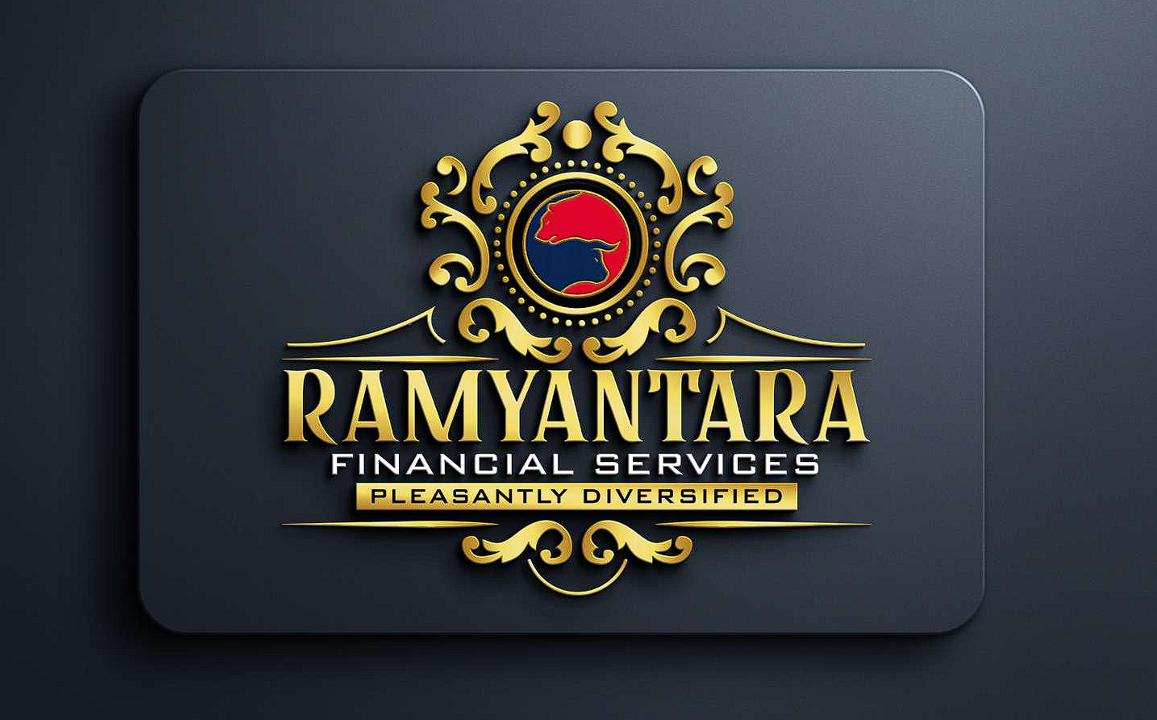Loans and Fixed Deposits: Understanding Key Financial Products
Explore the fundamentals of loans and fixed deposits, their benefits, risks, and how they can fit into your financial strategy.

What Are Loans?
Loans are financial instruments where a lender provides a borrower with a sum of money that must be repaid over time with interest. Loans can be used for various purposes, such as purchasing a home, funding education, or starting a business. They come with specific terms and conditions, including interest rates, repayment schedules, and collateral requirements.
Benefits of Loans
Taking out a loan offers several advantages, including:
1. Immediate Access to Funds: Loans provide immediate access to funds that can be used for various needs, whether it's buying a home or funding education.
2. Build Credit History: Responsible management of a loan can help build and improve your credit history, which can be beneficial for future borrowing.
3. Flexible Repayment Terms: Loans often come with flexible repayment terms that can be adjusted to fit your financial situation.
Risks of Loans
Loans also come with risks that should be considered:
1. Interest Costs: Loans accrue interest, which increases the total amount you will repay over the life of the loan.
2. Repayment Pressure: Failing to make timely payments can lead to penalties, higher interest rates, and potential damage to your credit score.
3. Risk of Over-Borrowing: Taking on too much debt can strain your finances and lead to financial instability.
What Are Fixed Deposits?
Fixed deposits (FDs) are financial products offered by banks and financial institutions where you deposit a lump sum of money for a fixed tenure at a predetermined interest rate. FDs provide a guaranteed return on investment and are considered low-risk compared to other investment options.
Benefits of Fixed Deposits
Fixed deposits offer several advantages:
1. Guaranteed Returns: Fixed deposits offer a guaranteed return on your investment, providing certainty in your financial planning.
2. Low Risk: FDs are low-risk investments, as they are usually insured up to a certain amount by government agencies.
3. Flexible Tenure: You can choose the tenure of your fixed deposit based on your financial goals and needs.
Risks of Fixed Deposits
While FDs are considered safe, there are some risks to be aware of:
1. Lower Returns: The returns on FDs are typically lower compared to more aggressive investment options like stocks or mutual funds.
2. Penalty for Early Withdrawal: Withdrawing funds before the maturity date may incur a penalty and could affect the interest earned.
3. Inflation Risk: The fixed returns may not keep pace with inflation, potentially reducing the real value of your investment.
Conclusion
Loans and fixed deposits are fundamental financial products that serve different purposes. Loans offer access to immediate funds and the ability to manage cash flow, while fixed deposits provide a secure and predictable way to grow savings. Understanding the benefits and risks of each can help you make informed financial decisions and better manage your personal finances.
Legal
Privacy PolicyFollow Us
Instagram
© 2025 ramyantara. All rights reserved Privacy Policy